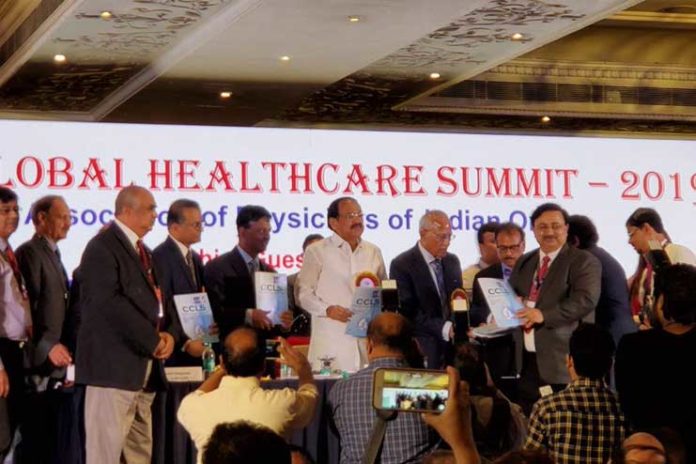An Indian American physicians organization is joining hands with the United States Agency for International Development and various other non-government organizations to combat tuberculosis, an infectious bacterial disease that mainly affects the lungs.
In a press release, the American Association of Physicians of Indian Origin (AAPI) stated that India, which has the highest incidence of tuberculosis, is a key player in the global quest to wipe out the disease.
According to an estimation by World Health Organization (WHO), tuberculosis is killing around 5,000 people every day around the world and 10 million people are fell ill with the disease in 2017, including 0.9 million among people living with HIV. The year 2017 recorded highest deaths worldwide due to tuberculosis than deaths related to HIV.
The AAPI’s stated mission is to strengthen the detection of tuberculosis at earliest and provide treatment. It aims to eradicate the deadly disease by the year 2025 in India.
As part of this mission AAPI set up a workshop on ‘Recent updates on Tuberculosis’ in collaboration with the Zonal Task Force RNTCP South Zone 1, USAID and the Karnataka Health Promotion Trust. TB Alert, TB Association of Telangana and Government of Telangana also took part in the event held during the recently concluded 13th annual Global Healthcare Summit in Hyderabad.
The main theme of the workshop was to ensure a ‘TB free India’ with the objective of training Indian American Physicians on the newer plan of action for early diagnosis and treatment. The workshop saw around 150 delegates from the United States and India.
In his welcome address, Dr. Suresh Reddy, president of AAPI, said: “AAPI has an ambitious vision to assist the government to implement evidence-based interventions to reach a TB-Free India, and improve patient-centered TB services.”
AAPI said it would work with United States Agency for International Development and other Non-Government Organizations together to utilize the 100,000-strong network of physicians of Indian origin living in the United States to support health programs in India, engage AAPI’s network of private charitable clinics for tuberculosis awareness, detection and treatment and explore opportunities for collaborations between the U.S. and Indian medical schools.












































